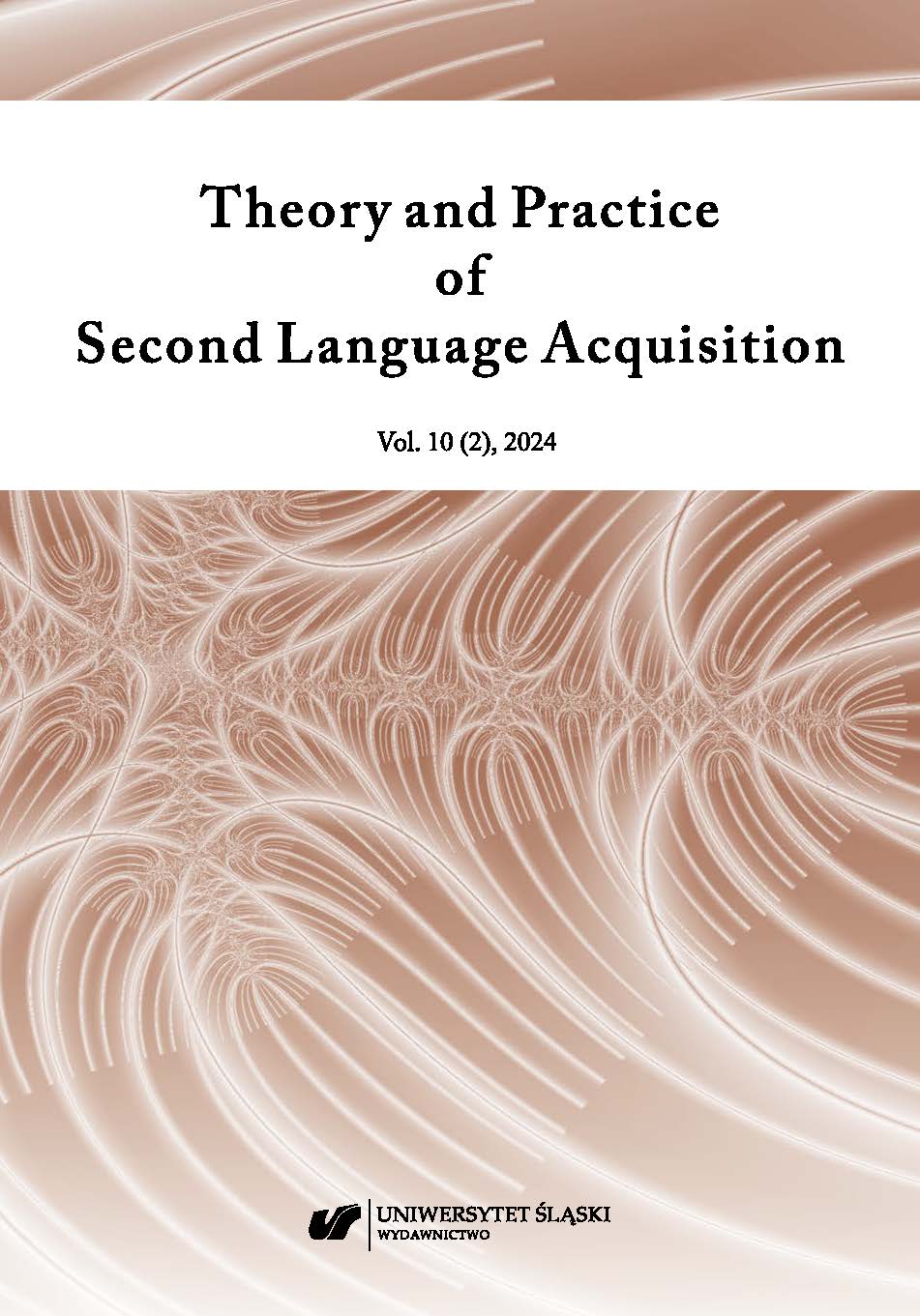The Sounds of Conflict: Lexical Representation of Anger in Listening Activities from Modern ELT Coursebooks
The Sounds of Conflict: Lexical Representation of Anger in Listening Activities from Modern ELT Coursebooks
Author(s): Łukasz MatuszSubject(s): Foreign languages learning, Psychology, Theoretical Linguistics, Applied Linguistics, Language acquisition, Stylistics
Published by: Wydawnictwo Uniwersytetu Śląskiego
Keywords: ELT coursebooks; listening activities; conflictive dialogues; representation of anger; exclamations; nonverbal vocalisations
Summary/Abstract: Modern coursebooks serve a fundamental function in contemporary ELT practice. This paper discusses the problem of the lexical representation of anger in listening activities from selected ELT coursebooks issued by leading publishing companies. Twelve coursebooks from three internationally recognized ELT series for adult learners of English were analysed for the conflictive dialogues presented in their audio materials, as well as for the ways in which the anger of the Speaker(s) was expressed. The result of the analysis shows that Speakers’ anger was primarily represented by exclamations followed by a much more limited use of nonverbal vocalisations. No instances of swearing and expletive interjections, a common way of expressing negative emotions in everyday informal communication, were found in the dataset. The analysis confirms some of the observations and criticisms concerning the global ELT coursebooks. While understanding publishers’ caution and refraining from advocating unrestricted use of taboo language in recorded ELT materials, this paper points to the importance of realistic representation of conflictive and argumentative interpersonal communication, not just for the aim of presenting different contexts of English use, but also for the practical applications beyond the realm of foreign language learning.
Journal: Theory and Practice of Second Language Acquisition
- Issue Year: 2/2024
- Issue No: 10
- Page Range: 1-18
- Page Count: 18
- Language: English

